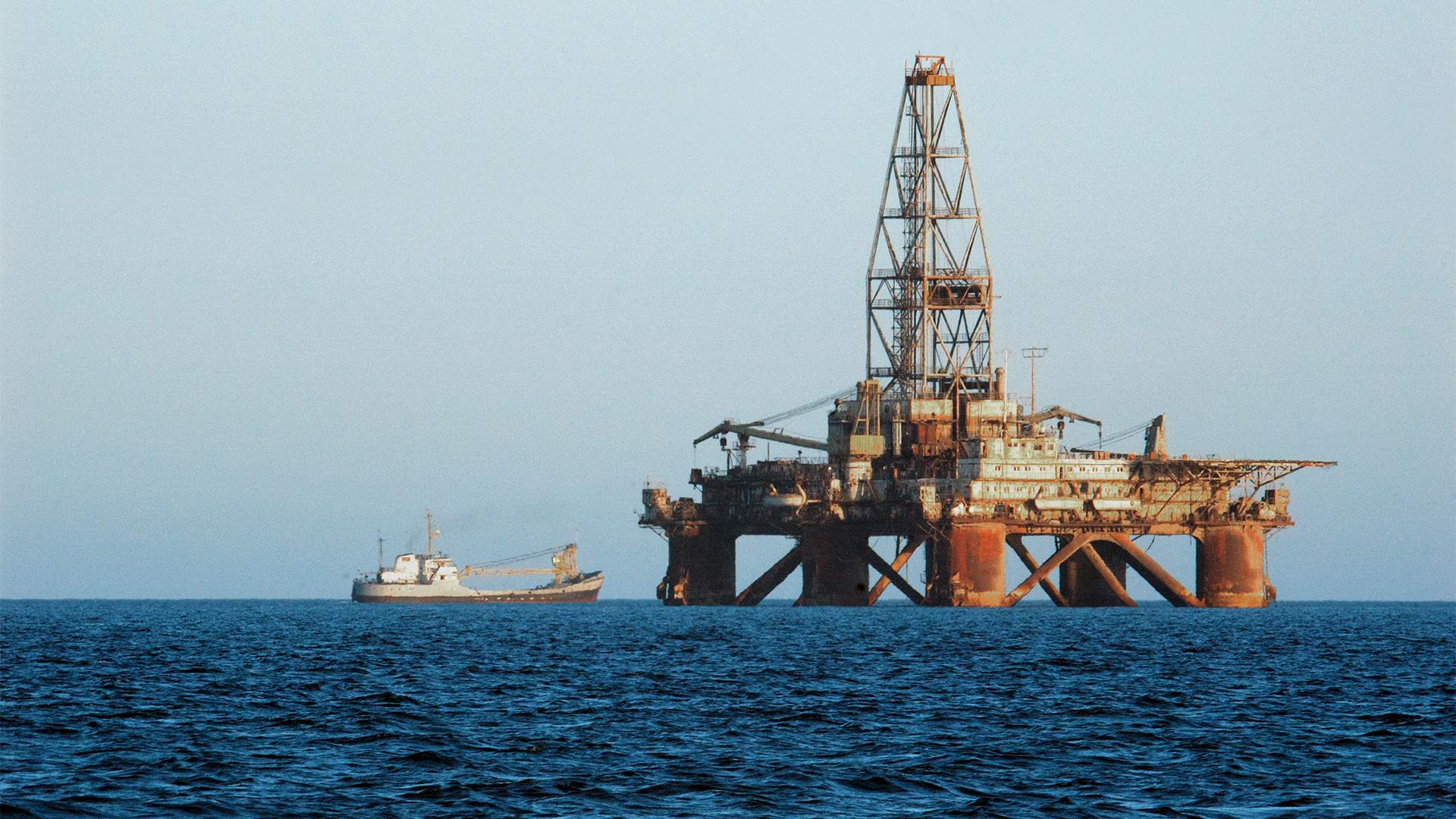
US oil majors shun 'Green Strategy' in M&A fossil fuel deals
By Rhod Mackenzie
A competition has emerged between the two largest oil and gas companies in America, both striving to secure their oil supply for several decades to come. Although predictions anticipate oil demand peaking in 2030 before dwindling, both Chevron and ExxonMobil have signed multi-billion-pound acquisition agreements. By entering into such major deals, Chevron and ExxonMobil must have faith that there will be continued demand for oil well beyond 2030.
Two weeks ago, ExxonMobil agreed to purchase Pioneer Natural Resources, one of the largest operators in the Permian Basin, for £60 billion. Two days ago, on October 23rd, Chevron announced its official acquisition of the oil and gas company Hess for £53 billion. This acquisition will enable entry into Guyana, a Latin American country wherein gigantic oil deposits were discovered few years back, and where a future of Latin American "Kuwait" is anticipated.
According to the Financial Times, there haven't been any transactions of this size since the late 90s and early 2000s when similar mega-deals were made between BP-Amoco, Exxon-Mobil and Chevron-Texaco, which gave rise to modern supermajors, who are referred to as the largest oil and gas companies globally.
In total, mergers and acquisitions worth £186 billion were reported and executed in 2023. This is the highest value since 2014.
"It's an arms race," remarked an analyst regarding the increase in M&A activity in the oil and gas industry. "Typically, a deal in most sectors does not trigger one or two more. However, I believe these transactions will create a domino effect. Timing and the involvement of key players are the key factors here."
Analysts predict that two other European oil and gas giants, BP and Shell, are likely to respond to the Chevron and ExxonMobil deals. BP and Shell have frequently voiced their dissatisfaction with being undervalued compared to Exxon and Chevron.
It is plausible that prominent shale oil producers in America may attempt to acquire smaller competitors. This disparity is partially a result of the immense pressure exerted on European energy companies to transition towards renewable energy sources. Incidentally, Exxon and Chevron adopt a different stance on this subject and have no plans to transition to solar and wind.
Will it happen in Europe? Can we expect to see European oil and gas firms expending vast sums of money to acquire fossil fuel-related assets at present, but if they fail to respond to their American counterparts' ventures, they risk falling significantly behind.
The Veriten analyst Arjun Murthy suggested that a merger between BP and Shell may be a logical move, as otherwise, ExxonMobil and Chevron could leave them at a serious disadvantage.
Murthy also stated that other European majors, such as TotalEnergies and Eni, may now be considering similar mergers. However, a national issue could potentially interfere, as 30% of Eni's shares are owned by the Italian government. Although TotalEnergies is now privately owned, it still maintains close ties with the French government. In the UK, there are a variety of large businesses participating in mergers and acquisitions such as Occidental Petroleum, ConocoPhilips, and Marathon Oil.
These acquisitions will result in Exxon and Chevron becoming partners due to their joint control of production at the Stabroek field, situated off the coast of Guyana. Hess holds a 30% stake in this the largest field, whilst Exxon possesses a 45% stake. This site is the biggest discovery in the last ten years. Once in full production, it will extract one and a half million barrels of oil every day. It's plausible that Chevron's decision to acquire Hess was influenced by their almost one-third ownership in this particular site.
